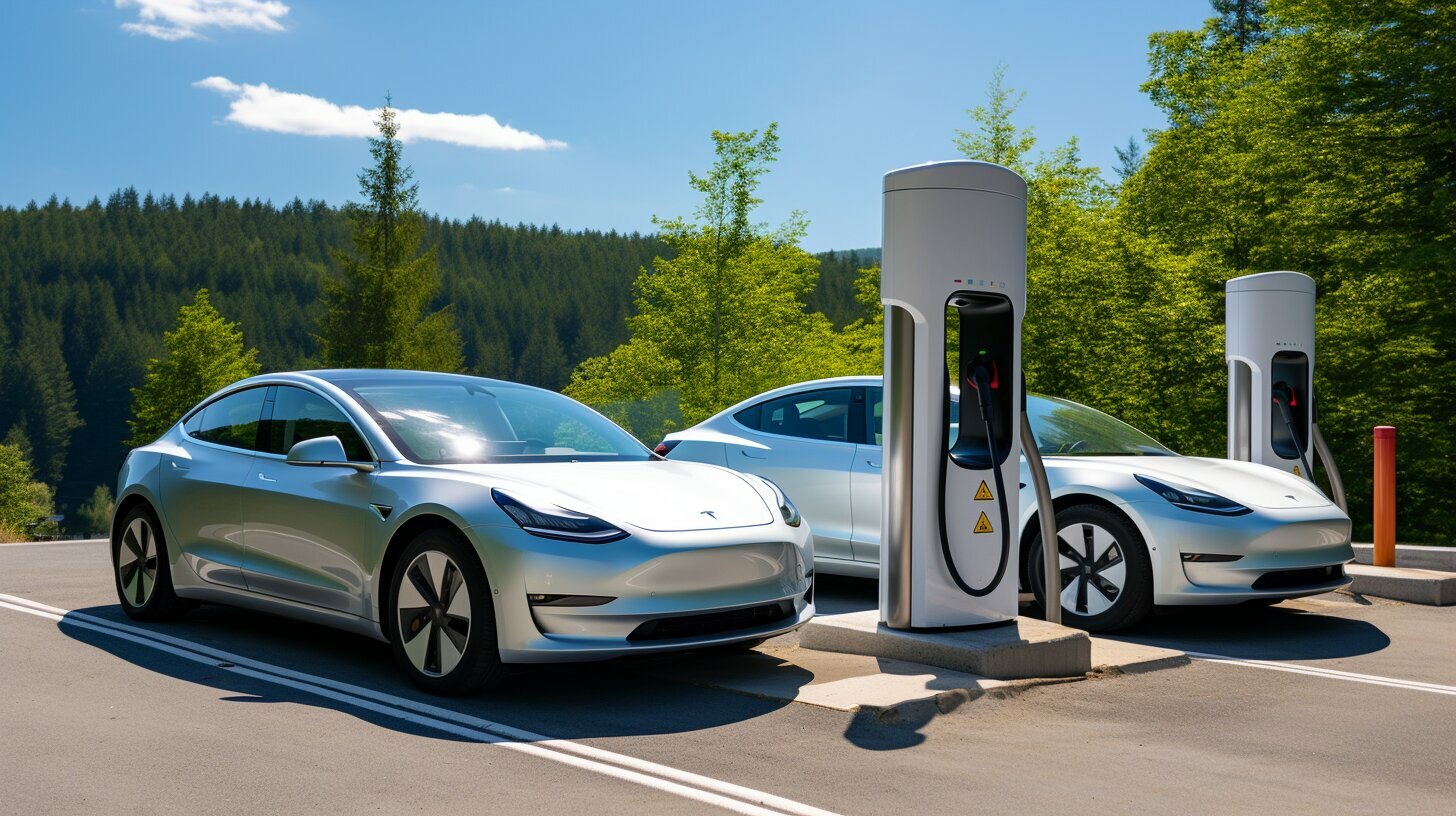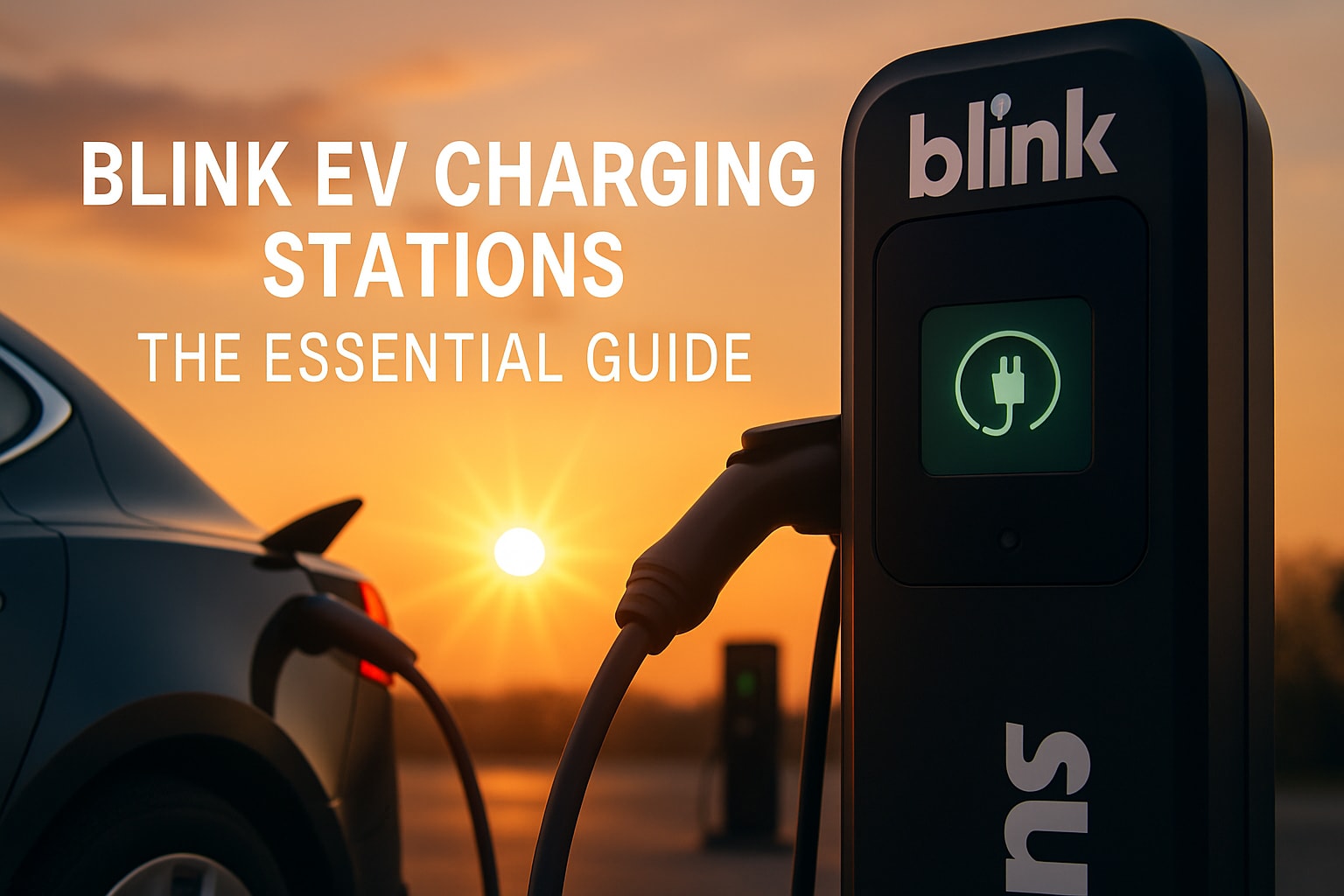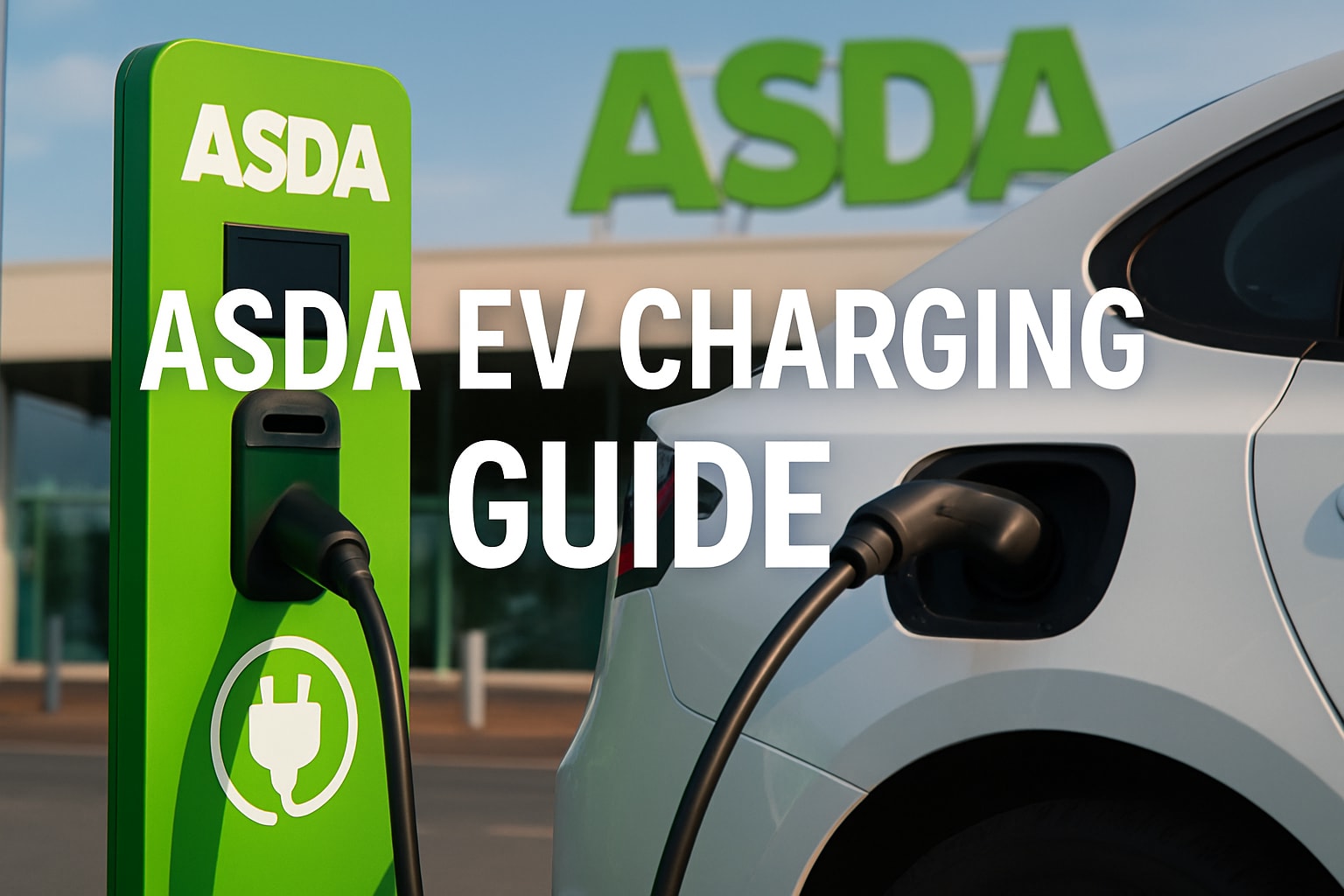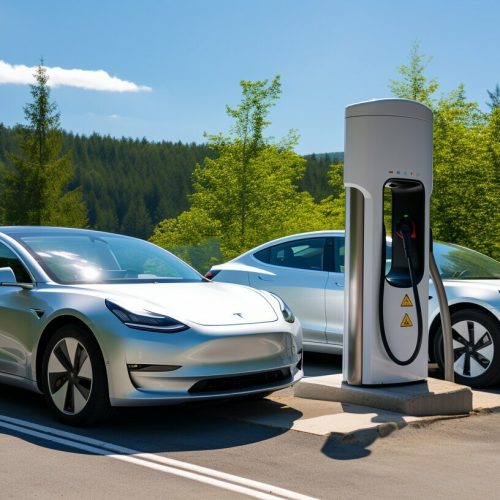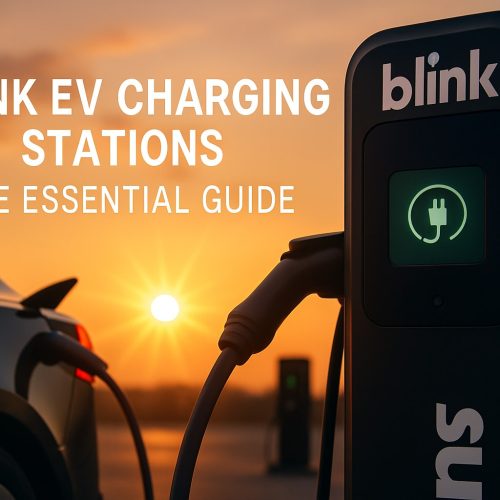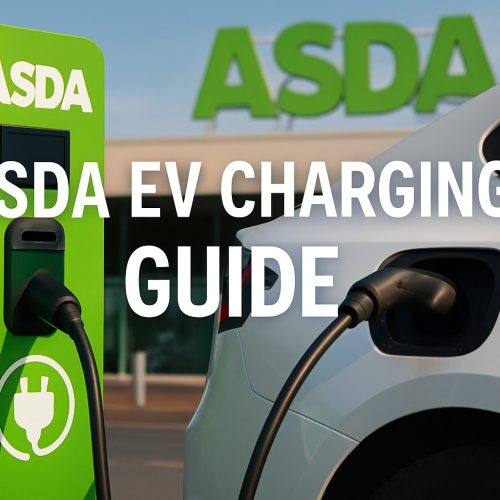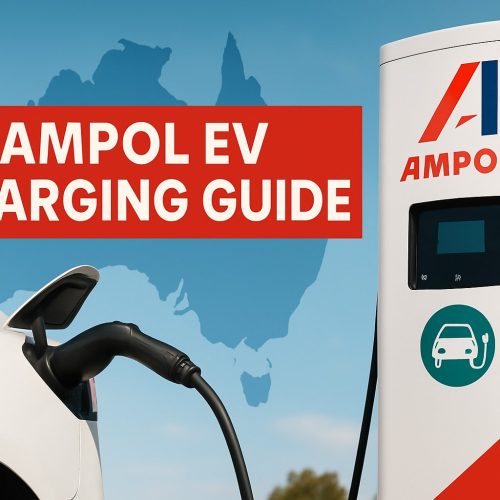Electric vehicles (EVs) are becoming increasingly popular due to their environmental and cost-saving benefits. However, many potential EV owners may have questions about the cost of charging their vehicle. In this guide, we’ll provide a comprehensive overview of the factors that determine the cost of charging an EV in the United States.
We’ll explore different charging options, electricity rates, public charging infrastructure costs, and considerations for home charging. We’ll also discuss the various factors that can affect the cost of charging an EV, provide a cost comparison with traditional fueling methods, and offer tips to help you reduce your charging expenses.
Key Takeaways
- Charging an EV can vary in cost depending on several factors.
- Understanding different charging options, electricity rates, and infrastructure costs can help you manage and minimize your charging expenses.
- Factors such as distance driven, battery size, and charging efficiency can impact the cost of charging.
- Compared to traditional fueling methods, EV charging offers long-term cost savings.
- Optimizing your charging habits and utilizing cost-saving programs can reduce your charging expenses even further.
Understanding EV Charging Options
When it comes to charging your electric vehicle, there are a few different options to choose from. Each option varies in charging speed, required equipment, and associated costs. Let’s take a closer look at the different EV charging options:
Level 1 Charging
Level 1 charging is the slowest and least expensive way to charge your EV. It uses a standard 120-volt electrical outlet and the charging cable that comes with your vehicle. Level 1 charging can take anywhere from 8 to 20 hours to fully charge your EV, depending on your vehicle’s battery size. While Level 1 charging is the most accessible option, it’s not the most efficient or convenient.
Level 2 Charging
Level 2 charging provides faster charging speeds and requires a dedicated 240-volt electrical circuit. You’ll need to have a Level 2 charging station installed at your home or use a public Level 2 charging station. Level 2 charging can fully charge an EV in around 4 to 8 hours, depending on your vehicle’s battery size. However, installing a charging station can be costly, ranging from a few hundred to a few thousand dollars.
DC Fast Charging
DC fast charging is the fastest way to charge your EV and is typically found at public charging stations. It uses direct current (DC) to rapidly charge the vehicle’s battery, allowing for a full charge in as little as 30 minutes. However, DC fast charging is also the most expensive option, and not all EVs can use it.
It’s important to consider the charging speed, required equipment, and associated costs when choosing an EV charging option that works for your needs and budget.
Calculating Electricity Rates for EV Charging
Electricity rates play a major role in determining the cost of charging an electric vehicle. To properly estimate your EV charging costs, you will need to understand your specific electricity tariff and how it is calculated.
Electricity rates can vary depending on factors such as the time of day, the season, and your location. Some utilities use flat rates, while others offer time-of-use rates that fluctuate based on the time of day and demand charges that are based on the highest electricity usage during a certain period.
To calculate the cost of charging your EV, you will need to determine the per-kilowatt-hour (kWh) rate for your electricity. This can typically be found on your utility bill. For example, if your electricity rate is $0.15 per kWh and your EV battery has a capacity of 60 kWh, it would cost $9 to fully charge your EV.
| Electricity Rate Type | Description |
|---|---|
| Flat Rate | A fixed rate charged regardless of the time of day or electricity demand. |
| Time-of-Use Rate | A rate that varies based on the time of day. Rates may be higher during peak usage hours and lower during off-peak hours. |
| Demand Charge | A charge based on the highest electricity usage during a certain period. |
It is important to note that different EV charging options may have different electricity rates. For example, some public charging stations may have higher rates than charging at home. Make sure to consider all potential electricity rates when estimating your overall EV charging costs.
Additionally, some utilities may offer special rates or incentives for EV owners. Contact your utility provider to see if there are any programs available to help reduce your EV charging costs.
Calculating the Cost of Public Charging Stations
In addition to electricity rates, public charging stations may also charge a fee for usage, which can vary depending on the location and provider. Some charging stations use a per-kWh rate, while others may charge a flat rate per session or by the hour.
Many public charging networks also require a subscription or membership, which can come with additional fees. It is important to understand the pricing structure of each charging network to accurately estimate the cost of using public charging stations.
If you plan to use public charging stations frequently, it may be beneficial to research different charging networks and subscription plans to find the most cost-effective option for your needs.
Public Charging Stations and Network Costs
Using public charging stations can be a convenient way to charge your EV on-the-go. However, it’s important to consider the associated costs and fees that may be involved.
The cost of using public charging stations varies depending on the charging network and the location of the station. Some networks charge a flat rate per charging session, while others charge by the kilowatt-hour (kWh) of electricity consumed.
In addition to the charging cost, many networks also require a subscription fee or a membership fee to access their charging stations. These fees can range from a few dollars to several hundred dollars per year.
Cost Comparison for Public Charging Stations
It’s important to compare the cost of using public charging stations to the cost of charging at home or using traditional fueling methods. While using public charging stations can be convenient, it may not always be cost-effective.
To demonstrate the cost comparison, let’s consider a scenario where you own a Tesla Model 3 with a 75 kWh battery and you plan to travel 1,000 miles in a month.
| Public Charging | Home Charging | Gasoline | |
|---|---|---|---|
| Charging Cost | $200 (based on $0.25 per kWh and 800 kWh consumed) | $75 (based on $0.10 per kWh and 750 kWh consumed) | $120 (based on $3.00 per gallon and 40 miles per gallon) |
| Subscription/Membership Fee | $10/month | $0 | $0 |
| Total Cost | $210 | $75 | $120 |
As you can see from the table, using public charging stations can be significantly more expensive than charging at home or using gasoline. Additionally, the subscription or membership fees can add up over time, making it even more costly to use public charging stations regularly.
It’s important to consider all factors when deciding whether to use public charging stations or not. If you need to charge your EV on-the-go, it may be worth paying the extra cost for the convenience. However, if you have access to home charging, it’s generally more cost-effective to charge your EV at home.
Home Charging Costs and Considerations
If you own an electric vehicle (EV), you may be wondering how much it costs to charge it at home. The cost of charging an EV at home depends on several factors, including the electricity rates in your area, the size of your EV’s battery, and how much you drive your car.
How much does it cost to charge an EV at home? The average cost of electricity in the United States is around 13 cents per kilowatt-hour (kWh). To calculate the cost of charging your EV at home, you need to know your electricity rate and the size of your EV’s battery. For example, if you have a Tesla Model 3 with a 75 kWh battery and your electricity rate is 13 cents per kWh, it would cost around $9.75 to charge your car fully at home.
It’s worth noting that the cost of charging an EV at home can vary depending on the time of day and your utility provider’s rate plan. Some utility companies offer time-of-use (TOU) rates, which offer lower electricity rates during off-peak hours. TOU rates can help you save money on your monthly electricity bill if you charge your EV during these periods.
What are the costs associated with home charging stations? If you plan to charge your EV at home frequently, you may want to consider installing a home charging station. The cost of home charging stations can vary depending on the level of charging and the hardware required for installation. Level 1 chargers, which plug into a standard household outlet, are the cheapest option but charge at a slow pace. Level 2 chargers require a dedicated 240-volt circuit and cost more to install but charge your EV faster.
| Charging Level | Charging Speed | Hardware Cost | Installation Cost |
|---|---|---|---|
| Level 1 | 4-5 miles of range per hour of charge | $300 – $600 | $0 – $500 |
| Level 2 | 10-60 miles of range per hour of charge | $500 – $2,000 | $500 – $1,500 |
Installation costs can also vary depending on factors like the distance between your home’s electrical panel and the charging station location and the complexity of the installation.
Are there any incentives or rebates for home charging infrastructure? Depending on where you live, there may be incentives or rebates available for installing a home charging station. The federal government offers a tax credit of up to $1,000 for the purchase and installation of a home charging station. Some states and local utility companies also offer rebates or other incentives for home charging infrastructure.
Overall, the cost of charging an EV at home can be an affordable and convenient option for electric vehicle owners. By considering factors such as electricity rates, charging station options, and potential incentives, you can effectively manage your charging costs and enjoy the benefits of electric mobility.
Factors Affecting EV Charging Costs
Several factors can impact the cost of charging an electric vehicle. It is important to understand these factors to make an accurate estimation of your charging costs.
One of the most significant factors is the distance driven. The more miles you drive, the more often you will need to charge your EV, resulting in higher charging costs. Another essential factor is the battery size. The larger your battery, the more energy it can store, but also, the longer it takes to charge.
Charging efficiency is another aspect that must be considered. The efficiency of your EV charging station determines how much energy is lost as heat during charging, affecting the overall cost. Be sure to choose an EV charging station that has a high efficiency rating to avoid any unnecessary expenses.
Finally, regional electricity rates can vary significantly, affecting the cost of charging an EV. Electricity is generally more expensive in some regions, making it more expensive to charge EVs in those areas. Therefore, it is crucial to check your local electricity rates before estimating your EV charging costs.
Cost Comparison: EV Charging vs. Traditional Fueling
When considering the cost of charging an electric vehicle, it’s important to compare it to the cost of traditional fueling methods for internal combustion engine vehicles. In terms of fuel price, EV charging is usually cheaper per mile than gasoline or diesel. The cost of charging an electric vehicle can range from around $0.10 to $0.30 per kWh, depending on where you live and the time of day you charge.
On the other hand, the cost of gasoline or diesel can vary depending on the price of oil and the region where you live. As of August 2021, the average cost of gasoline in the United States is $3.14 per gallon. Assuming an average fuel efficiency of 25 miles per gallon for a gasoline car, the cost per mile would be $0.125.
However, it’s important to note that EVs generally have lower maintenance costs compared to gasoline cars, which can offset the initial purchase price. EVs have fewer moving parts and don’t require regular oil changes or transmission maintenance.
Overall, while EVs may have a higher upfront cost compared to gasoline cars, the long-term savings in fuel and maintenance costs can make them a more cost-effective option in the long run.
Tips for Reducing EV Charging Costs
Electric vehicles are rapidly gaining popularity due to their eco-friendly features and long-term cost savings. However, the cost of charging an EV can still be a concern for many drivers. Fortunately, there are several strategies you can adopt to reduce your EV charging costs.
- Charge during off-peak hours: Most utility companies offer lower electricity rates during off-peak hours. Take advantage of this by scheduling your charging sessions during those periods. This will significantly reduce your charging costs.
- Utilize renewable energy sources: Consider installing solar panels or wind turbines to generate your own electricity. This will not only help you reduce your charging costs but also promote sustainable energy usage.
- Optimize your charging habits: Avoid overcharging your EV, as it can lead to unnecessary energy waste and higher costs. Try to charge your vehicle just enough to meet your daily requirements.
- Take advantage of cost-saving programs: Some utility companies offer special programs that provide discounted electricity rates to EV owners. Ensure to check with your provider to see if they offer such programs.
By adopting these strategies, you can reduce your EV charging costs while still enjoying the benefits of electric mobility. Remember that every little effort counts towards sustainable energy usage and a better future for our planet.
Conclusion
As we’ve explored in this guide, the cost of charging an electric vehicle (EV) can vary depending on a variety of factors. By understanding the different charging options, electricity rates, and other considerations, you can effectively manage and minimize your EV charging costs.
Remember to consider factors such as the installation of home charging stations, utilization of public charging infrastructure, and the potential savings associated with switching to electric mobility. By taking advantage of cost-saving programs and utilizing renewable energy sources, you can make the most of your EV while keeping your charging expenses in check.
Choose Electric Mobility for a Sustainable Future
Electric vehicles are an excellent way to reduce your carbon footprint, save money on fuel, and enjoy a quiet and smooth driving experience. With proper planning and utilization of the available resources, you can enjoy all the benefits of electric mobility while keeping your charging costs to a minimum.
So, whether you’re considering purchasing an electric vehicle or already own one, keep these tips in mind to ensure your experience is both rewarding and cost-effective. Together, we can make a positive impact on the environment and create a sustainable future for generations to come.
FAQ
Q: How much does it cost to charge an EV?
A: The cost of charging an EV can vary depending on several factors, such as the electricity rates in your area, the type of charging option you use, and your charging habits. On average, it can cost anywhere from $0.03 to $0.20 per mile to charge an EV.
Q: What are the different EV charging options available?
A: There are three main types of EV charging options: Level 1, Level 2, and DC fast charging. Level 1 charging uses a standard household outlet and is the slowest option. Level 2 charging requires a dedicated charging station and is faster than Level 1. DC fast charging is the quickest option and is typically found at public charging stations.
Q: How do electricity rates affect the cost of EV charging?
A: Electricity rates can have a significant impact on the cost of charging an EV. Different utilities offer different rate structures, such as time-of-use rates or flat rates. Time-of-use rates can offer cheaper charging during off-peak hours, while flat rates provide a consistent cost per kilowatt-hour. Understanding your specific electricity tariff can help you calculate the cost more accurately.
Q: What are the costs associated with using public charging stations?
A: When using public charging stations, there may be costs involved, such as network fees or subscription plans. These costs can vary depending on the charging network and location. Some charging stations may offer free charging, while others require payment. It’s important to familiarize yourself with the pricing models and any additional costs associated with using public charging infrastructure.
Q: How much does it cost to charge an EV at home?
A: The cost of charging an EV at home depends on factors such as your electricity rates, the efficiency of your charging equipment, and your charging habits. On average, it can cost between $0.03 to $0.12 per kilowatt-hour to charge an EV at home. Additionally, there may be installation costs for a home charging station and potential incentives or rebates available to offset these expenses.
Q: What factors can affect the cost of EV charging?
A: Several factors can influence the cost of charging an EV. These include the distance driven, the size of the vehicle’s battery, the charging efficiency, and regional variations in electricity rates. Additionally, the type of charging option used and the time of day when charging can also impact the overall cost.
Q: How does the cost of EV charging compare to traditional fueling methods?
A: When comparing the cost of charging an EV to traditional fueling methods, such as gasoline or diesel, EV charging typically offers cost savings. While fuel prices can fluctuate, electricity rates are often lower. Additionally, EVs generally have lower maintenance costs, contributing to long-term savings for EV owners.
Q: Are there any tips for reducing EV charging costs?
A: Yes, there are several strategies you can implement to reduce the cost of charging your EV. Charging during off-peak hours, when electricity rates are lower, can help minimize costs. Utilizing renewable energy sources, such as solar panels, can also lower charging expenses. Optimizing your charging habits by avoiding unnecessary charging sessions and taking advantage of cost-saving programs or incentives can further reduce EV charging costs.
